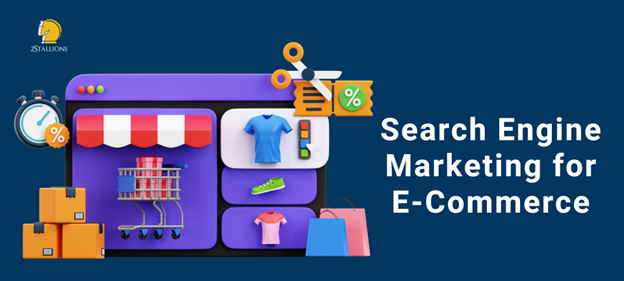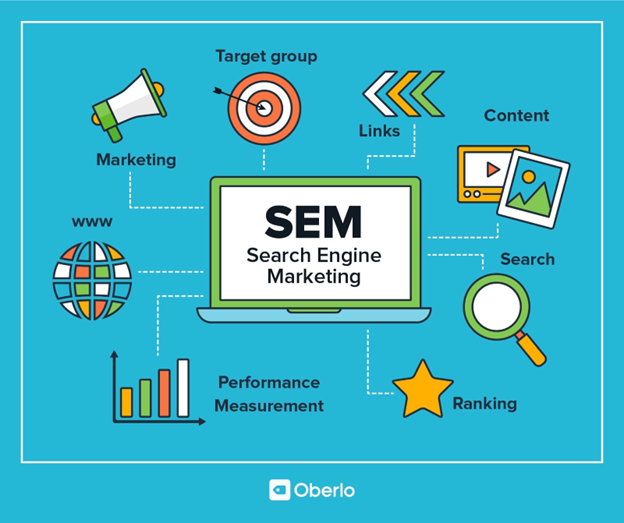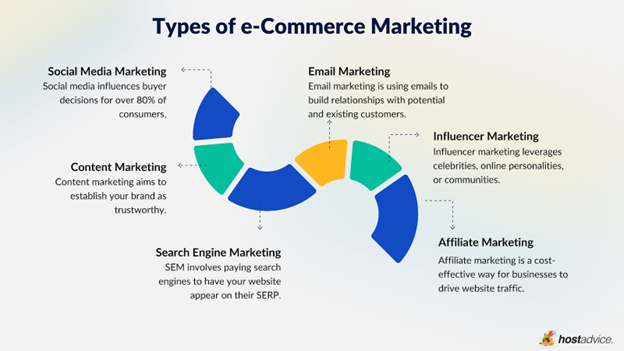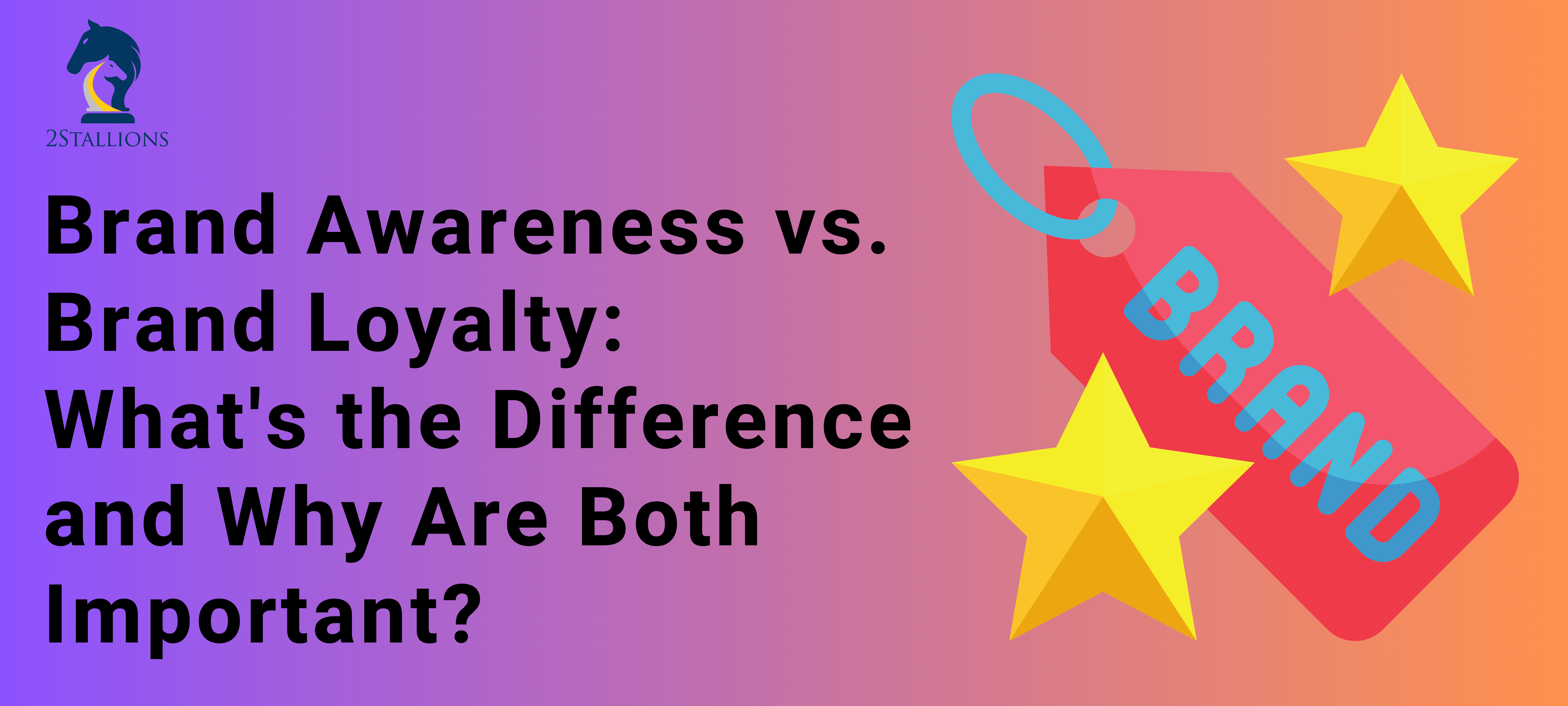SHARE

As the digital world continues to evolve, the importance of search engine marketing for eCommerce businesses cannot be overstated. It’s a powerful tool that can significantly boost your online visibility, drive traffic to your website, and ultimately, increase sales. But what exactly is search engine marketing, and how can it be effectively utilised in the eCommerce sector? Let’s delve into the details.
Understanding Search Engine Marketing
Search Engine Marketing (SEM) is a digital marketing strategy used to increase a website’s visibility in search engine results pages (SERPs). It involves the promotion of websites by increasing their visibility through paid advertising. SEM is often associated with Pay-Per-Click (PPC) advertising, where advertisers pay a fee each time one of their ads is clicked. However, it also encompasses other strategies such as search engine optimisation (SEO), which involves improving a website’s ranking in organic search results.

Source: Oberlo – SEARCH ENGINE MARKETING (SEM)
Why SEM is Crucial for eCommerce
In the highly competitive eCommerce landscape, standing out from the crowd is essential. This is where SEM comes into play. It offers numerous benefits that can give your eCommerce business a competitive edge. Firstly, SEM can significantly boost your online visibility. With millions of websites vying for attention, appearing on the first page of search results can dramatically increase your chances of being noticed by potential customers. Secondly, SEM can drive targeted traffic to your website. By using specific keywords related to your products or services, you can attract customers who are actively searching for what you offer, increasing the likelihood of conversions.

Source: eCommerce Marketing Types and Strategies To Use. (2023, February 24). HostAdvice.
Implementing SEM in Your eCommerce Strategy
Keyword Research
Keyword research is the cornerstone of any successful SEM strategy. It involves identifying the keywords and phrases that potential customers use when searching for products or services similar to yours. These keywords can then be used in your PPC campaigns and SEO efforts to attract targeted traffic to your website. There are various tools available for keyword research, including Google Keyword Planner, SEMRush, and Moz Keyword Explorer. These tools can provide insights into the search volume, competition, and cost-per-click for various keywords, helping you make informed decisions.
Creating Effective PPC Campaigns
Once you’ve identified your keywords, the next step is to create effective PPC campaigns. This involves creating ads that are relevant to your keywords, compelling enough to attract clicks, and optimised for conversions. It’s also important to continually monitor and adjust your campaigns based on performance. This can involve tweaking your ad copy, adjusting your bids, or refining your target audience to improve your return on investment.
Optimising Your Website for SEO
While PPC campaigns can drive immediate traffic to your website, SEO is a long-term strategy that can improve your organic search rankings. This involves optimising various elements of your website, including your content, meta tags, and site architecture, to make it more attractive to search engines. SEO also involves building high-quality backlinks to your website, as this can signal to search engines that your website is a credible and authoritative source of information.
Conclusion
Search engine marketing is a powerful tool that can significantly enhance the online visibility and success of your eCommerce business. By understanding and implementing SEM strategies such as keyword research, PPC advertising, and SEO, you can attract targeted traffic to your website, increase conversions, and ultimately, boost sales. While SEM can be complex, the potential benefits make it well worth the effort. So, start implementing SEM in your eCommerce strategy today, and watch your online business thrive.
Frequently Asked Questions About eCommerce
What is eCommerce in Malaysia?
Online trade transaction, or in its current and commonly-used term, eCommerce, broadly refers to commercial activity conducted with the aid of electronic devices. eCommerce generally refers to electronic business transactions or trades which are wholly or partially conducted over the internet.
What is the Main Purpose of eCommerce?
The primary goal of eCommerce is to reach maximum customers at the right time to increase sales and profitability of the business. Functions of eCommerce include buying and selling goods, transmitting funds or data over the internet.
What is the Difference Between eCommerce and Online Shopping?
Firms that offer online retail aspire to provide the same customer experience to users as they are likely to experience in physical shops. eCommerce, on the other hand, involves the buying of products and services from a seller online, not the brand itself
What are the 4 Types of eCommerce?
- Business-to-Consumer (B2C)
- Consumer-to-Consumer (C2C)
- Consumer-to-Business (C2B)
- Business-to-Administration (B2A)
What are the Benefits of eCommerce?
- Faster buying process
- Store and product listing creation
- Cost reduction
- Affordable advertising and marketing
- Flexibility for customers
- No reach limitations
- Product and price comparison
- Faster response to buyer/market demands









